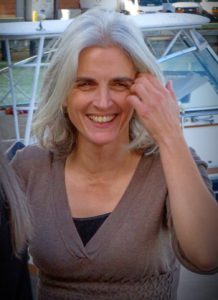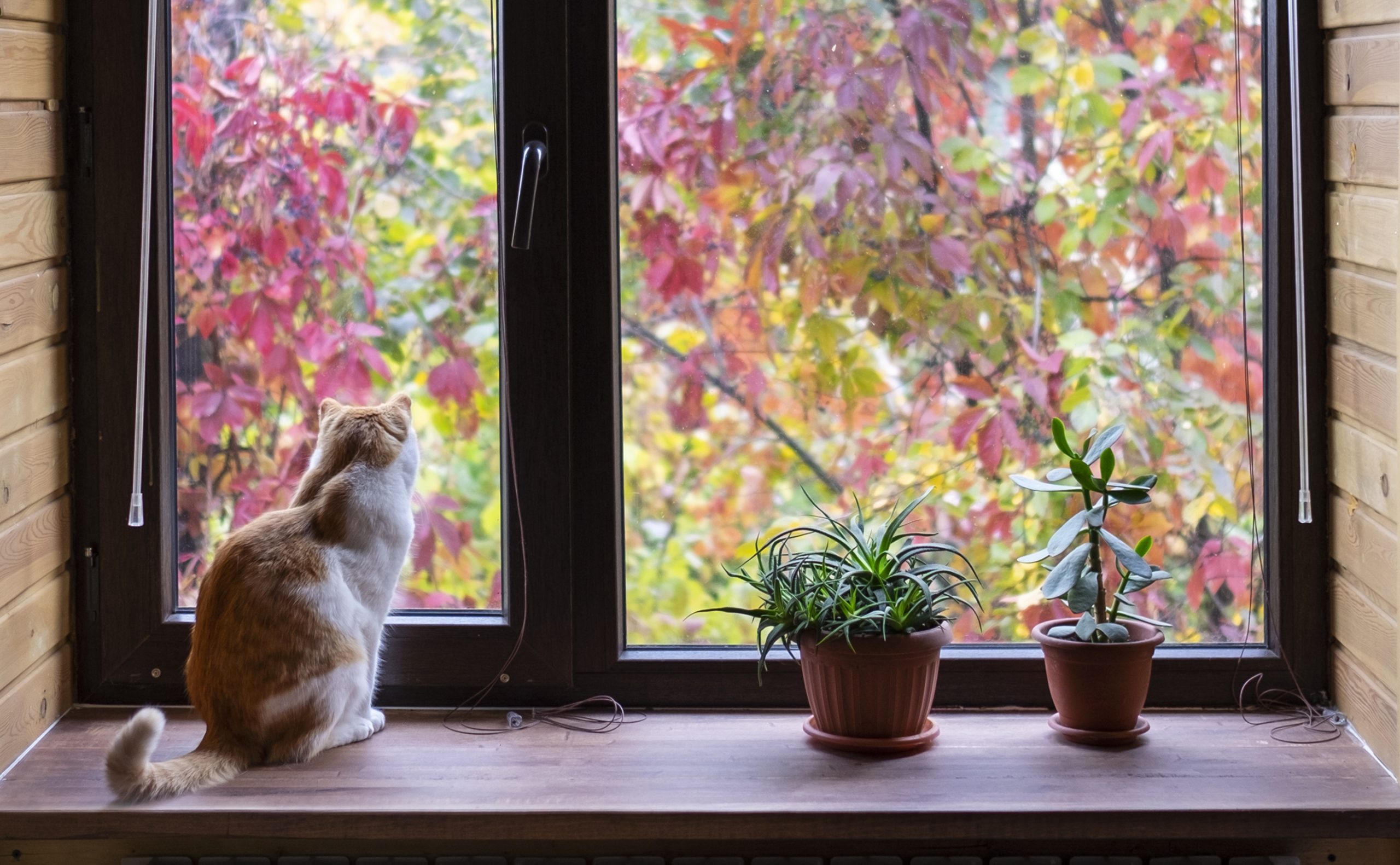“Life is still a gift,” I told my kids after my husband killed himself. “It’s still worth it. We’re still here.”
I said this aloud – to them, to myself, to the cosmos. I wasn’t always sure I believed it, but I said it. And generally, not long after saying it, I collapsed on the floor in some corner of the house and cried out my eyeballs into shriveled, puffy things resembling dried figs. Then I peeled myself off the floor and said it again: “Life is still a gift. It is.”

Losing a loved one to suicide hurts like hell: there’s an obvious truth if there ever was one. But there are other truths, some hard, some hopeful. If you’ve suffered such a loss yourself, you know too much of these truths already. There’s no knowing just a little. To lose someone to suicide is to comprehend its aftermath — its endless, agonizing, and messy emotional aftereffects — from the inside out, and to understand, from the first shattering moment you hear the news, that everything you thought you understood about living and loving has been irreparably altered. The result is a profound loss of innocence. There is no going back.
I was in grade school when my homeroom teacher sat inside her garaged car while it idled, killing herself. What I recall most vividly is the sight of another teacher, an older woman with springy gray hair, crying in our classroom with a face crushed by grief. This was Lesson One. I learned from suicide: that it wounds those left behind.
A year or so later, when I was 11, my father attempted suicide with sleeping pills, sending him into a nine-day coma and a six-month stay in a pure talk therapy program (no meds, not ever) at the Institute of Living in Hartford.
Lesson Two. I could lose anyone this way, even the people who mattered most. As a kid, staring at my father’s unconscious, bloated form in I.C.U., I learned that life is capricious. That it could take sudden turns into darkness, no matter the light that surrounds us. I realized at that moment that love, whether my father’s or mine or anyone else’s, might not be enough to bind us all together in this world. I saw that pain can be insidious enough to pry someone suddenly away, even a kind and ebullient genius like my father.
My mother told me this wasn’t my fault. It was nothing I did. It wasn’t a failure to love on my part or anyone’s, including their father’s. I did my best to believe her.
When he returned home, it felt like a miracle – to me, to all of us. And so it was. Lesson Three. Sometimes the darkness abates.
Lesson Four. Sometimes it doesn’t. It didn’t in 1991 when a good friend of mine shot himself. It didn’t in 1992 when my sister – another kind and ebullient genius — swallowed fatal mouthfuls of psych drugs after too many years of struggling with neurological and emotional problems, far too many hospital stays, far too many meds.
And it didn’t in 2011. That’s when my husband, Chris, the father of my three children and my rock for more than 20 years — a grounded, giving man with a dazzling intellect and a deep core of goodness – lost his mind over six months of insomnia, anxiety, and depression. After three brief hospital stays and a few failed tries at medication, he leaped to his death from the roof of a parking garage a mile from our home.
Everyone asked why. I had no answers. All I could say to baffled friends, crushed by the grief I first glimpsed as a child, was this: I don’t know. This can’t be understood. He lost himself; he couldn’t bring himself back; nothing worked. No matter how I tried or what I said or how hard I loved him, he just got sicker, drifting further and further away.
Lesson Five. You can’t love someone back to wholeness.
All I could say to my children was what my mother had told me: This wasn’t their fault. It was nothing they did. It wasn’t a failure to love on theirs or anyone’s part, including their father’s. He loved them, I explained. He didn’t make some rational “decision” to leave us. Instead, he was dragged into a deep and enveloping hole that was too dark to see and too powerful to escape.
Lesson Six. Suicide makes no sense. Not the pain that leads to it. Not the act itself.
There never is. I knew that much, and I knew I couldn’t try to explain it to my children. What I tried hard to explain instead is the need to push forward in the wake of such a loss, even if pushing forward just meant getting up out of bed the next morning. Precisely because suicide is senseless, we can’t take the act itself as a refutation of life. We can’t give it that power.
Chris’s death didn’t negate life – not his own, not ours in his absence. It didn’t mean we couldn’t go on. It meant the opposite: It meant we had to.
Saying this to my three kids was one thing. Acting on it was another. Trying to model faith in life while simultaneously expelling bulk quantities of saline from facial orifices was a trick and a half. But in the days that followed, with the help of family, friends, and neighbors bringing warm hugs and plates of ziti to our door, we found ourselves in the business of living. Laughter struck at the strangest, sweetest times. Happiness snuck in over the transom.
Early on, I worried about the increased suicide risk for survivors – and here I was a repeat. But a wise friend reminded me gently that I had learned another lesson from suicide – a lesson filled with hope that fixed me securely in this beautiful world with my beautiful children, embracing what gifts might come. I had learned that the answer to suicide isn’t more suicide. It’s more life.
Lesson Seven. Light is the only cure for darkness; living is the only cure for death.
So my children and I continue to live, continue to love, continue to laugh. We all continue to grieve, in our different ways. Their father’s death wounded us all. He was torn from us abruptly, insidiously. His darkness never abated, and it made no sense. Those lessons all hold and always will.
But the only way forward is forward. The only path out is through. As we walk it, as we stumble, we find new blessings and make new friends.
Lesson Eight. Life is still the only game in town. And it still brings joy.




